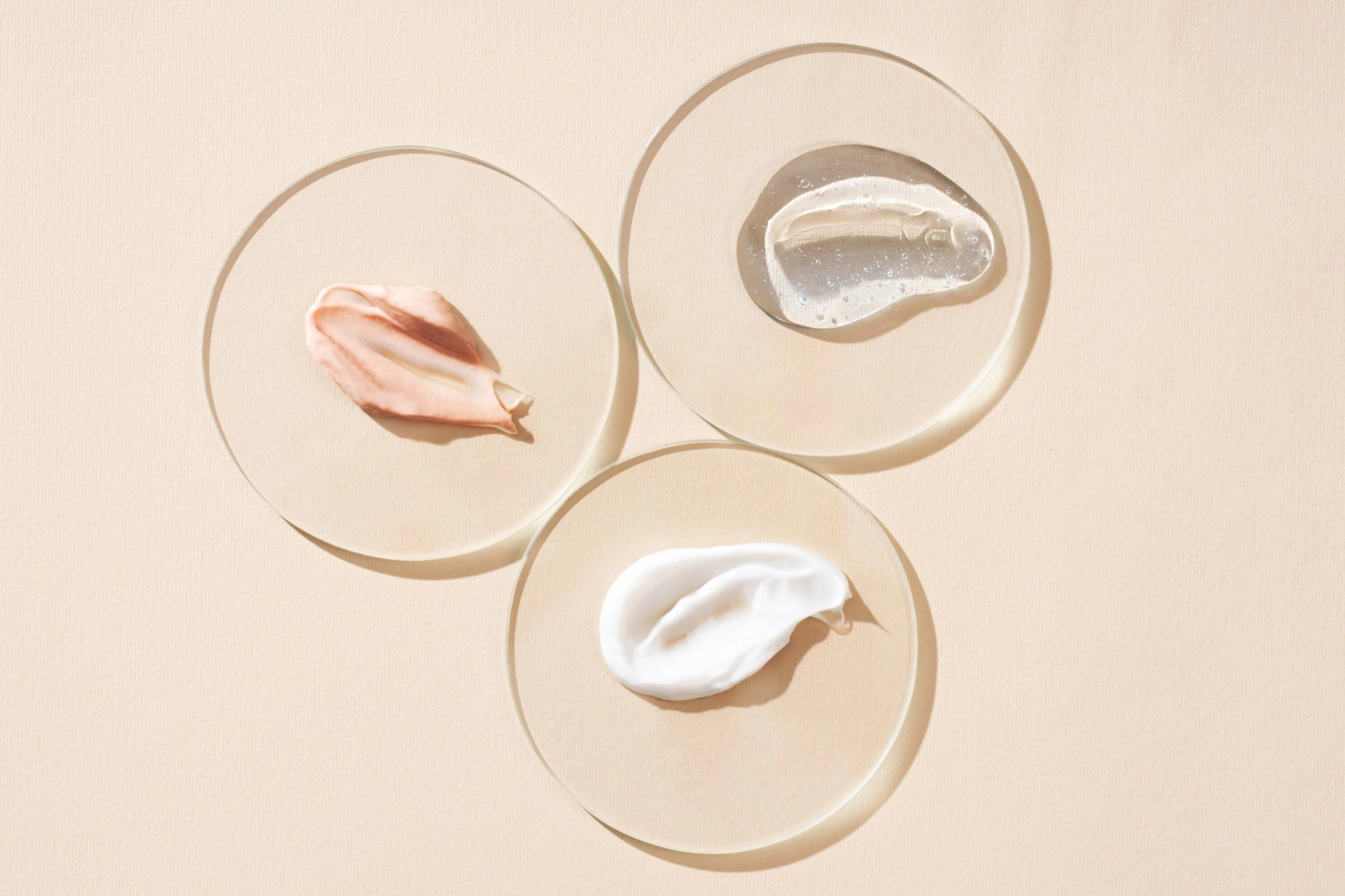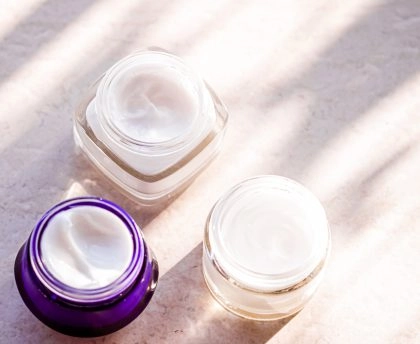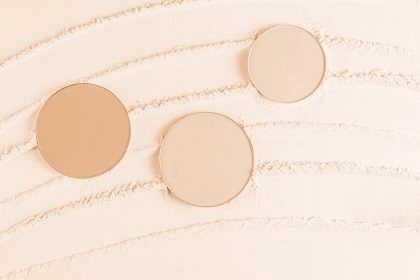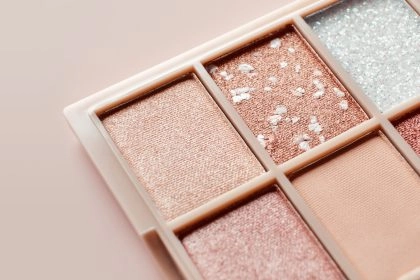CSAR : Présentation et conséquences du nouveau règlement chinois sur les cosmétiques
Le nouveau règlement chinois sur les cosmétiques (CSAR) a mis en oeuvre des changements qui sont attendus depuis longtemps. De la classification des cosmétiques à l’application des ingrédients, en passant par la justification des allégations, les évaluations de l’innocuité/sécurité, et bien plus encore, le nouveau règlement CSAR est plus clair et plus complet.

Principaux changements causés par le nouveau règlement chinois sur cosmétiques (CSAR)
Enfin publié par le Conseil d’État de la République populaire de Chine en juin 2020 pour remplacer le Règlement sur la surveillance hygiénique des produits cosmétiques qui date de 1989, le règlement chinois CSAR apporte des changements qui sont attendus depuis longtemps. Avec des mises à jour liées à la définition et à la classification des cosmétiques, à l’application des ingrédients, aux évaluations de l’innocuité et bien plus encore, les fabricants de cosmétiques qui souhaitent vendre des produits en Chine, doivent être au courant des changements réglementaires.
CSAR : le nouveau cadre réglementaire des produits cosmétiques en Chine
Le règlement chinois CSAR (c’est-à-dire le règlement sur la supervision et l’administration des produits cosmétiques) a été publié le 29 juin 2020 et est entré en vigueur le 1er janvier 2021. Dans le règlement chinois CSAR, les règlements chinois sur les produits cosmétiques ont été actualisés pour mieux répondre à la justification des allégations, à la classification des cosmétiques, aux exigences en matière de sécurité et aux obligations administratives.
Grâce au règlement chinois CSAR, les réglementations chinoises sont plus claires pour les entreprises cosmétiques basées à la fois en Chine et à l’international.
Le règlement chinois CSAR : vers la fin des tests des produits cosmétiques sur les animaux ?
Malgré les nombreux points traités dans le règlement chinois CSAR, la Chine ne met pas entièrement fin à ses exigences en matière d’expérimentation animale. Toutefois, la pratique n’est plus aussi répandue qu’elle l’était autrefois, étant donné que les cosmétiques généraux n’y sont plus soumis, qu’ils aient été produits en Chine ou à l’étranger.
Définition et classification des produits cosmétiques
D’après le règlement chinois CSAR, tout « produit chimique quotidien destiné à être appliqué sur la peau humaine, les cheveux, les ongles, les lèvres, la bouche, etc., par application, pulvérisation ou tout autre moyen similaire à des fins de nettoyage, de protection, d’embellissement ou de coiffage » est considéré comme un produit cosmétique. Cela signifie que le terme ne s’applique pas aux produits strictement liés à l’hygiène de base, tels que les savons et les produits conçus pour éliminer les odeurs désagréables.
Dans le règlement chinois CSAR, la Chine considère les teintures capillaires et les produits pour permanentes, les produits éclaircissants, les produits antichute des cheveux, les crèmes solaires et les produits ayant une nouvelle efficacité dans la catégorie des cosmétiques spéciaux. Les produits qui ne font pas partie de ces catégories, sont classés dans la catégorie des cosmétiques généraux.
Le règlement est également en train d’éliminer progressivement certains produits cosmétiques qui étaient précédemment considérés comme « à usage spécial ». Cela inclut les produits stimulant la pousse des cheveux ou les produits dépilatoires, les produits cosmétiques conçus pour la beauté des seins ou la perte de poids, ainsi que les déodorants. Après une période de cinq ans, ces produits ne seront plus produits, importés ou vendus.
Les fabricants doivent maintenant respecter la procédure de dépôt appropriée pour pouvoir vendre des produits cosmétiques généraux et enregistrer leurs produits cosmétiques spéciaux auprès de la National Medical Products Administration (NMPA). Le dépôt des certificats est une exigence à remplir une seule fois, alors que les certificats d’enregistrement ne sont valables que pour cinq ans.
Comme pour les produits cosmétiques importés, un certificat de fabrication est nécessaire, ainsi qu’un certificat de vente libre du pays d’origine. Les fabricants qui ciblent exclusivement le marché chinois, doivent fournir des données issues de la recherche et des tests réalisés en tenant compte de ce marché spécifique.

Allégations d'efficacité cosmétique, évaluation de l'innocuité/sécurité et exigences pour les évaluateurs de la sécurité
Toute allégation d’efficacité cosmétique doit être justifiée pour la distribution du produit cosmétique sur le marché chinois. Les entreprises doivent fournir des preuves scientifiques suffisantes et rendre l’information accessible au public sur le site Internet de la National Medical Products Administration. La documentation, les données d’évaluation concernant l’efficacité du produit ou toutes autres données issues de la recherche pouvant justifier les allégations doivent être incluses dans le dossier déposé.
Dans le règlement chinois CSAR, les produits cosmétiques ainsi que les nouveaux ingrédients cosmétiques doivent faire l’objet d’une évaluation de l’innocuité/sécurité sans laquelle ils ne peuvent être enregistrés ou déposés. Les évaluateurs de la sécurité doivent être des professionnels de l’industrie et avoir plus de cinq ans d’expérience pertinente dans l’évaluation de la qualité et de la sécurité des produits cosmétiques.
Utilisation d'un nouvel ingrédient cosmétique
Le règlement chinois CSAR appliqué indique que les nouveaux ingrédients cosmétiques doivent être enregistrés (s’ils sont considérés à risque élevé) ou déposés (si aucun risque particulier n’est associé à l’ingrédient) à la NMPA.
Les filtres UV, les conservateurs, les agents colorants, les agents blanchissants et les colorants présentent un risque élevé et justifient la soumission de rapports annuels supplémentaires sur leur sécurité et leur utilisation. Les nouveaux ingrédients qui ne posent aucun problème d’innocuité/sécurité, doivent être ajoutés à l’inventaire des ingrédients cosmétiques existants (IECIC).
Obligations administratives pour les entreprises
Tout fabricant de produits cosmétiques souhaitant faire une demande d’enregistrement ou de dépôt de produits cosmétiques en vertu du règlement chinois CSAR doit être établi en tant qu’entité juridique. Cela implique également que ces entreprises disposent d’un système de gestion de la qualité et soient en mesure d’effectuer des évaluations pour surveiller les éventuels effets indésirables de leurs produits.
Les entreprises candidates sont tenues responsables de la qualité, l’efficacité et l’innocuité/sécurité des produits qu’elles veulent distribuer.
Il convient de noter que de nouvelles règles administratives et de nouveaux documents connexes seront ajoutés au règlement chinois CSAR à mesure que la Chine continue d’affiner ses politiques.
Plus ressources qui pourraient vous plaire





